
Since 2008, quite a lot of people have boldly claimed that they "predicted the crisis". Usually, the claimants use this "fact" to argue for the superiority of their economic school of thought, modeling approach, investing approach, or personal intuition. But what does it mean to have "predicted the crisis"?
First of all, there are different things that get labeled "the crisis". These include:
1. The big drop in U.S. housing prices that started in 2006-7.
2. The systemic collapse of the U.S. financial industry that began in 2008.
3. The deep recession and the long stagnation that began in late 2008.
Predicting one of these is not the same as predicting the others. It is possible, for example, to have missed the housing bubble and the finance industry collapse, but to have successfully predicted, after seeing these events happen, that a deep recession and long stagnation would be the result; this is what Marco Del Negro et al. claim to have done, and a number of pundits and commentators made informal recession predictions after housing peaked in 2006. Alternatively, it is possible to have predicted the bursting of the housing bubble without foreseeing the systemic damage that this would cause to the financial system; some economists, such as Dean Baker and Nouriel Roubini (and of course, Robert Shiller), seem to have called the bubble far in advance, as well as some writers like Bill McBride. It is also possible to have predicted the collapse of the big banks and their mortgage-backed bonds - and made money off of this - while staying agnostic about the macroeconomic consequences; this seems to have made a lot of money for investors like Steve Eisman and John Paulson. Of course, in theory it might have been possible to predict all three events.
Then there's the question of what it means to "predict" something. Here are some alternative definitions:
1. You could predict the timing of an event, e.g. when the housing bubble would burst.
2. You could predict the size or severity of an event, e.g. how much house prices would decline or how much the economy would contract in 2009.
3. You could predict the duration of an event, e.g. how long our economy would stagnate after the recession, or how long it would be before housing prices reached their pre-crash peak.
4. You could describe the particular characteristics of an event, e.g. what would cause banks to fail, or whether they would be bailed out, or whether inflation would remain subdued after the recession.
Next, there is the question of with what degree of confidence you make a prediction. Saying "this event is a conceivable possibility" is different than saying "the risk of this event is high," which is different from saying "the risk of this event has increased," which is different from saying "this event will happen."
Also, there is the question of how far in advance a prediction was made. That could be important.
Finally, there is the question of whether the prediction was made by a model or by a human. If it's a model, then there's the hope that humanity has a tool with which to predict future crisis events.
Anyway, how should we evaluate these claims? There are so many different combination of "predictions" and "crises" here that it's very difficult to lay out an explicit taxonomy of who got it "more right," and who got it "less right." As a more humble goal, we can examine a specific individual or model, and identify which events he/she/it predicted, with what degree of confidence, and when.
As an example, let's take Steve Keen.

Steve Keen, formerly a professor at the University of Western Sydney, is known for claiming more loudly and confidently than just about anyone else on the planet that he "predicted the global financial crisis". According to Keen, this should be a reason to believe his extensive critiques of neoclassical (i.e. mainstream) economics, and his suggested alternative paradigm, known as "Post-Keynesianism".
So in what way did Keen "predict the crisis"?
Searching the internet, I can find no record of an ex-ante prediction by Keen of a large-scale U.S. housing bubble. He did, however, predict an Australian housing bubble, in 2007 after the U.S. housing bubble had already begun to pop. That prediction has so far yet to materialize; Australian housing prices have not collapsed yet. As a result of this incorrect prediction, Keen lost a high-profile bet.
Did Keen predict the collapse of the U.S. finance industry (the Lehman shock and subsequent bailouts)? Not that I can find. Nor did he warn of the risk of such an industry collapse, as far as I can find.
How about the recession and stagnation? Here, Keen makes his strongest claim to have made an ex ante prediction. His argument is laid out in this paper. (Warning: as others have noted, Keen's papers are nearly unreadable.)
Much of the paper covers the history of macroeconomics as Keen sees it. Later, on page 10, we get to the part where he explains how he "predicted the crisis". Keen presents a macroeconomic model; actually, a class of macroeconomic models. Each of the models is a system of deterministic Ordinary Differential Equations describing the behavior of macroeconomic aggregates. He claims that this sort of model would allow one to realize that a crisis of the type we observed could potentially occur.
Notice, therefore, that this is not a prediction of timing. It is a prediction of the particular characteristics of a recession. And as to whether or not it is intended to be a prediction of the severity or duration of the recession...that's not clear. Keen isn't saying when a recession would happen, he's saying that his model shows what it would look like.
And what would it look like? Well, one of the models Keen presents (a "Goodwin" model, apparently from the 1960s) produces cycles of employment and output that look like this:
As you can see, these cycles are periodic, and of constant amplitude. But we know that this is not what business cycles really look like. (More complicated versions of this type of model might veer from periodicity into extreme nonlinearity and chaos, but chaotic models by definition have little to no predictive power.)
The next model he references is one of his own, produced in 1995. That model contains the possibility of something like a complete economic collapse:
My own simulations in Keen (1995) illustrated this possibility of a debt-induced collapse if the rate of interest was too high. For a low rate, a convergence to equilibrium occurred (Figure 4):
At a higher rate, the system approached the infinite debt to output ratio equilibrium...
However, we have not observed an approach toward the infinite-debt-to-output ratio and near-total unemployment equilibrium that . Also, interest rates were still historically low when the financial crisis began. So this 1995 Keen model does not appear to describe the crisis we really had. Keen also adds:
[T]he 1995 model lacked price dynamics.
It's also noteworthy that Keen's 1995 model, like the "Goodwin model", contains plenty of periodicity, which as I mentioned is not observed in real life.
Keen then goes on to present a model that does include price dynamics. The figures he presents from that model is labeled "Schandl (2011)", indicating that it was made after the crisis and cannot therefore cannot be regarded as a prediction. Note that in that model, as presented by Keen, the economic collapse takes 40+ years to happen, and involves unemployment going to 100%:
In any case, it is clearly apparent that nowhere in this paper - or in any other paper that I can find - does Keen present a model whose output bears even a passing resemblance to the crisis we experienced in the late 2000s. (As an aside, note that many models, including a simple neoclassical Ramsey model, have equilibria in which the economy collapses completely. Building such a model is very very easy. But complete economic collapses - total and permanent cessations of economic activity - haven't yet been seen in the real world...ever.)
Therefore, we can conclude that there is no Steve Keen model that predicted the recession and long stagnation that we've experienced. And in fact, there does not seem to be any "Post-Keynesian model" whose features closely resemble the financial crises and recessions that we see in the real world.
So Steve Keen presumably did warn in 2005 that a global recession was coming. This means that, counting his prediction of an imminent Australian crash, he has a 50% success rate. Remember that, according to Bayes' Theorem, the predictions of someone with an unconditional 50% success rate (i.e., coin flips) convey no information.
But is that his true success rate? After all, how many earlier predictions of imminent global recession has Keen made, that did not materialize? According to this website, Keen was predicting an imminent global recession as early as 1995. It was 12 or 13 years before his prediction came true; this long time lag makes the prediction a bit less impressive, since someone who in 1933 predicted a global recession - which did come, 80 years later - would nevertheless now be seen as having been "wrong". Now, 12 years is better than 80 years, of course.
Anyway, so we see that Steve Keen's prediction of the global financial crisis was considerably less impressive than his bold claims would have us believe. He does not have a model that can predict bubbles, financial collapses, or recessions. His personal warnings of doom often don't seem to materialize for over a decade...if they materialize at all. If you trust Steve Keen as an economist or as a personal prognosticator based on his 2005 warnings of imminent global recession, you may be falling victim to the common behavioral phenomenon of overconfidence. (Not that I expect this fact to give pause to many of his...um...ardent followers. Remember that pundits get more fans by displaying self-confidence than by being right!)
Of course, all this is not to say that Keen should receive zero plaudits, respect, or commendation for his 2005 warning - or, for that matter, for his 1995 and 2007 warnings. There are plenty of people out there who said that finance has nothing to do with recessions. There are plenty of people out there - including some very prominent mainstream economists - who said that big recessions couldn't happen anymore. However right Keen did or didn't get it - and even if he made his predictions just by reading old Minsky books and nodding his head in vague agreement - those mainstream people got things far less right.
Anyway, a similar exercise can be applied to any other economist, model, or pundit whom you think may have "predicted the crisis". You will obtain varying results, though my bet is that few will be as spectacular as you might hope.
In conclusion: Predictions are hard, especially about the future. Sometimes people get things right because they understand how the world works, and sometimes they get things right by luck. The idea of a brilliant Cassandra-like sage, shouting in the wilderness while everyone ignores his or her trenchant warnings, is occasionally true, but not as much as we would like to think.
(Update: Naturally, a bunch of people have been asking me: "So, Noah, blah blah blah, but who do you think predicted the crisis the best?" Well, I don't know. Back in 2002 and 2003 I was reading Dean Baker talking about a housing bubble and bank failures. And I remember believing that, and as a result not being too surprised when the crisis came. I'm fairly sure Baker also predicted that the macroeconomic knock-on effects would be severe. Nor do I recall him predicting a bunch of other crises that never happened. So from my very limited set of knowledge, I'd guess that Baker did very well as a prognosticator. But to really know, I'd have to go back and check systematically. Note also that Dean is a quite humble guy and doesn't go around thumping his chest about having "called the crisis"...)




.gif)










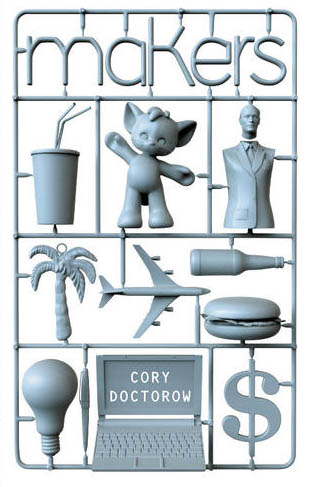
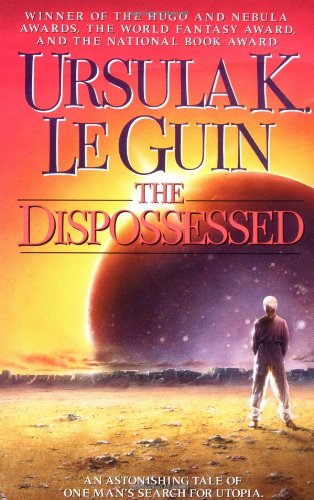
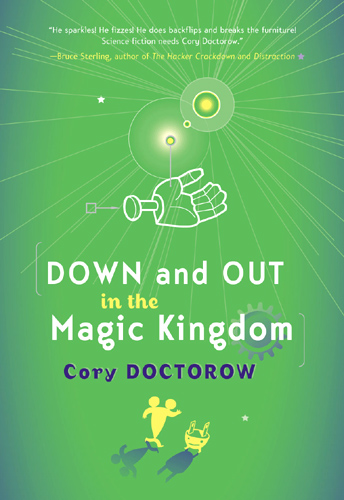
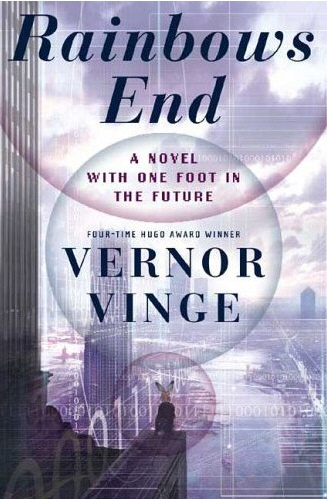

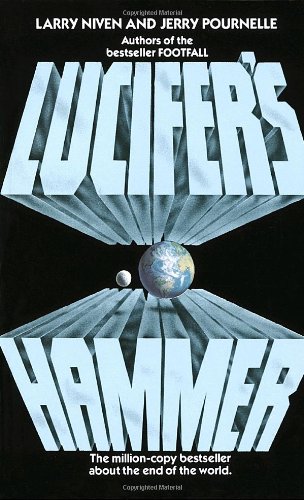

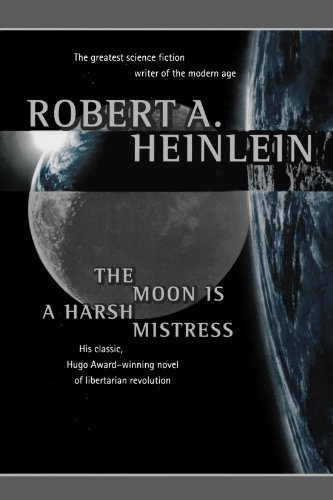

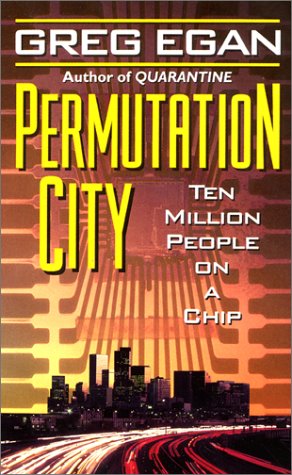



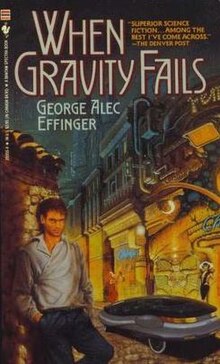
.jpg/200px-StandOnZanzibar(1stEd).jpg)


